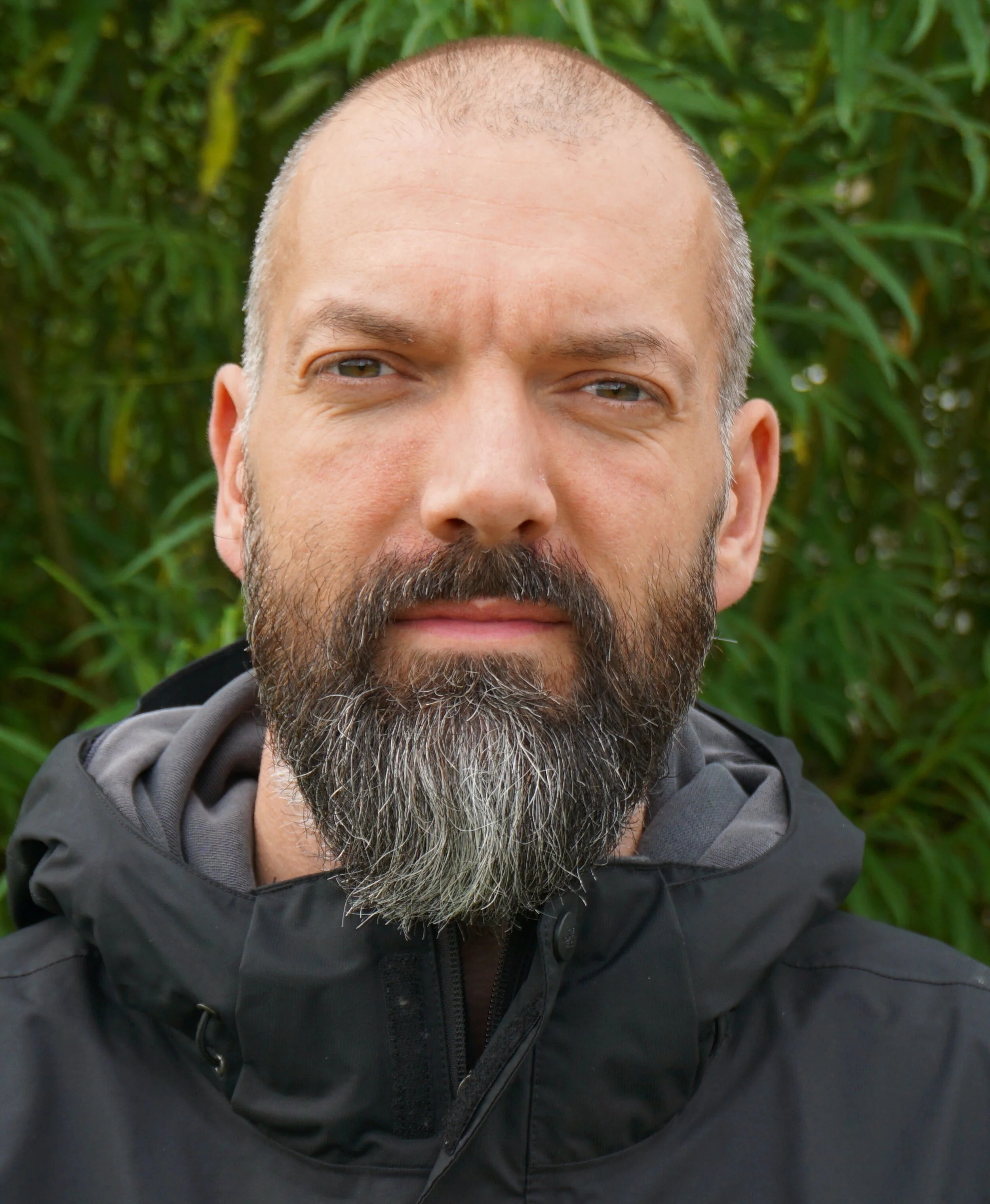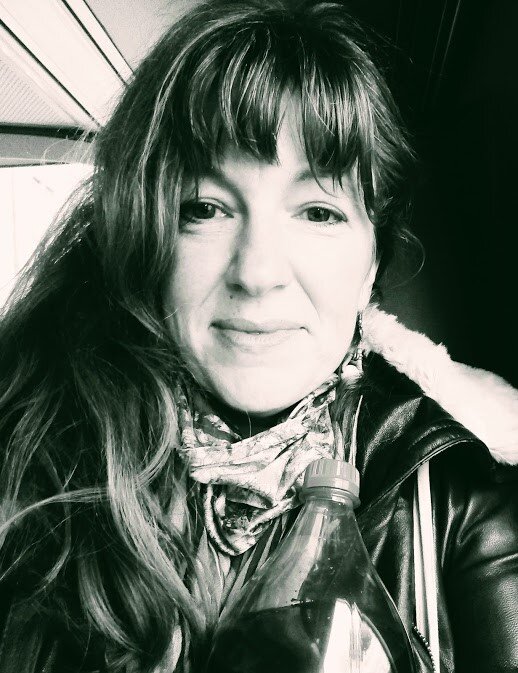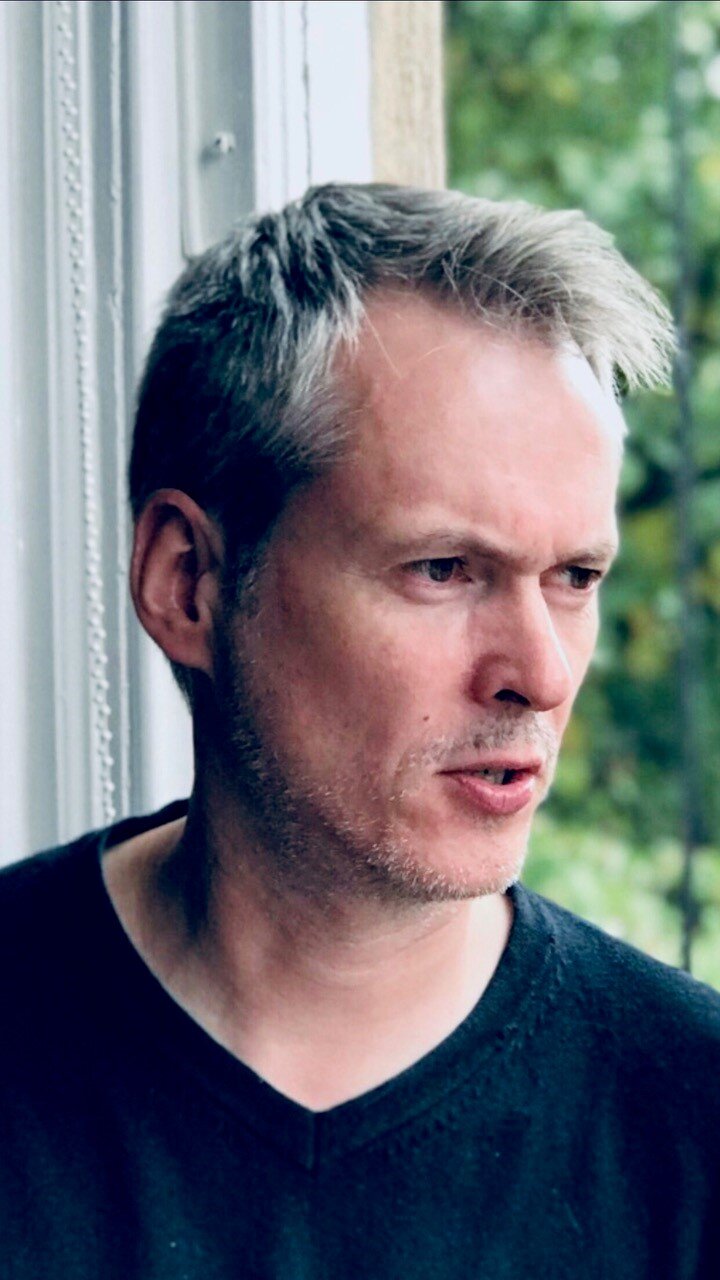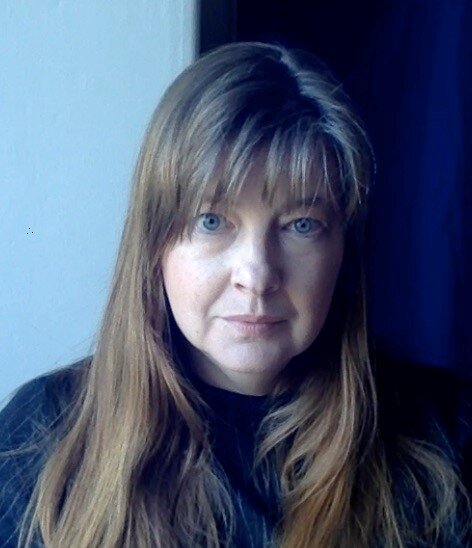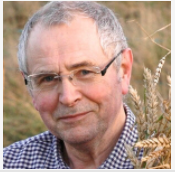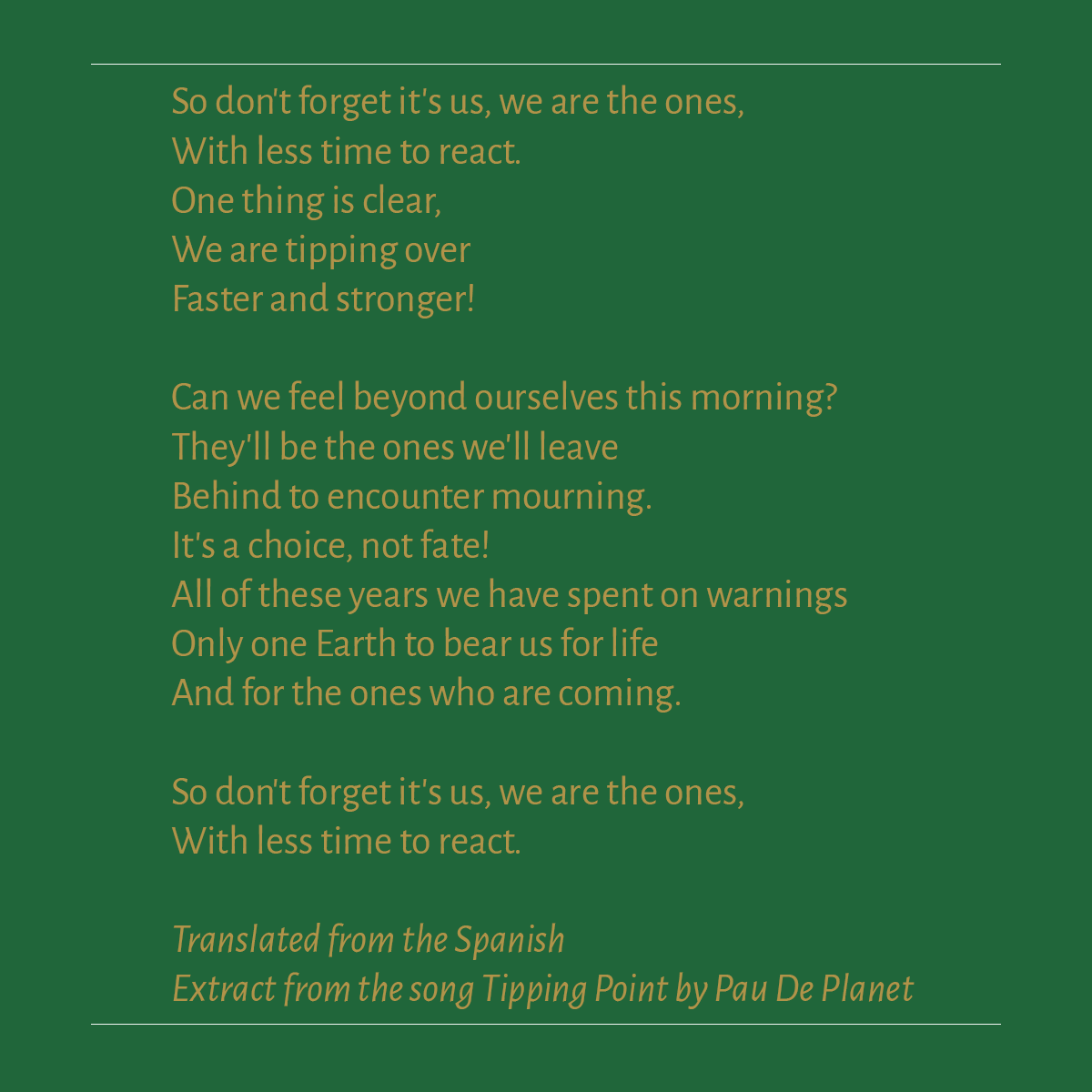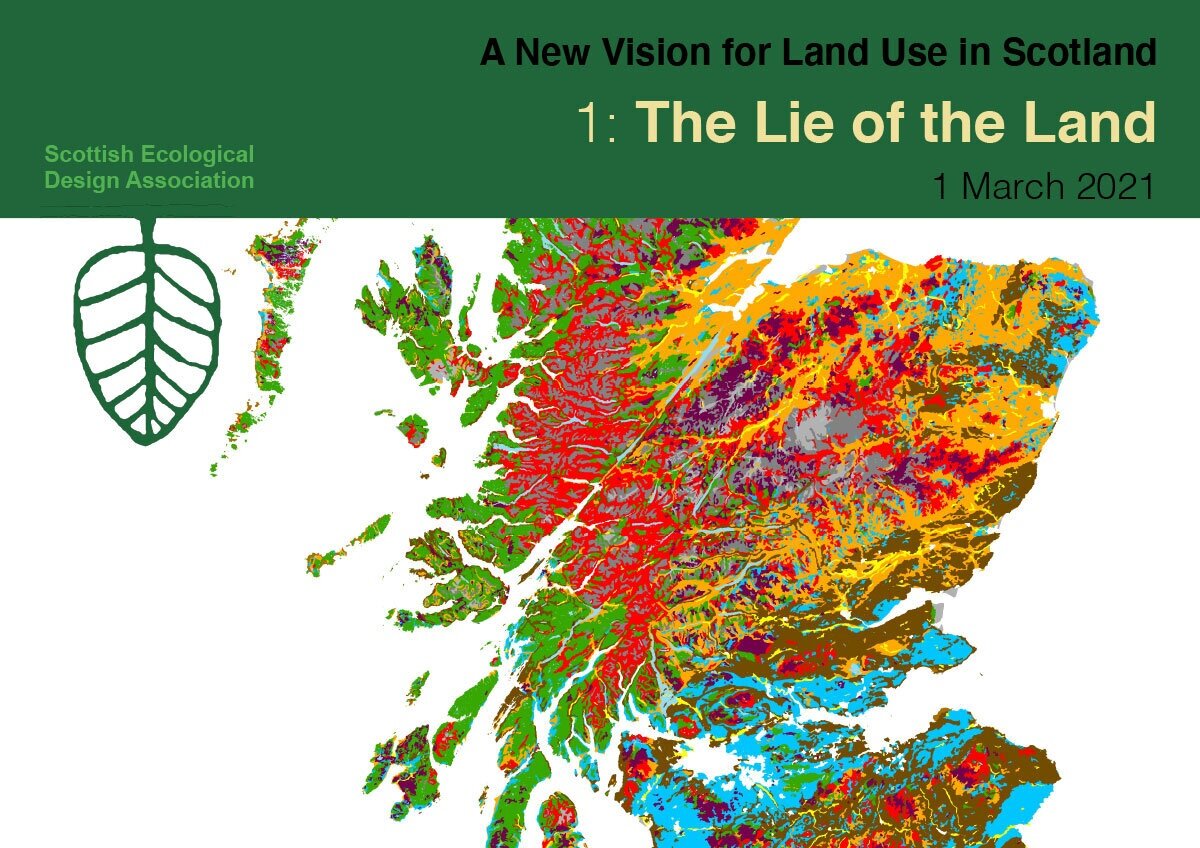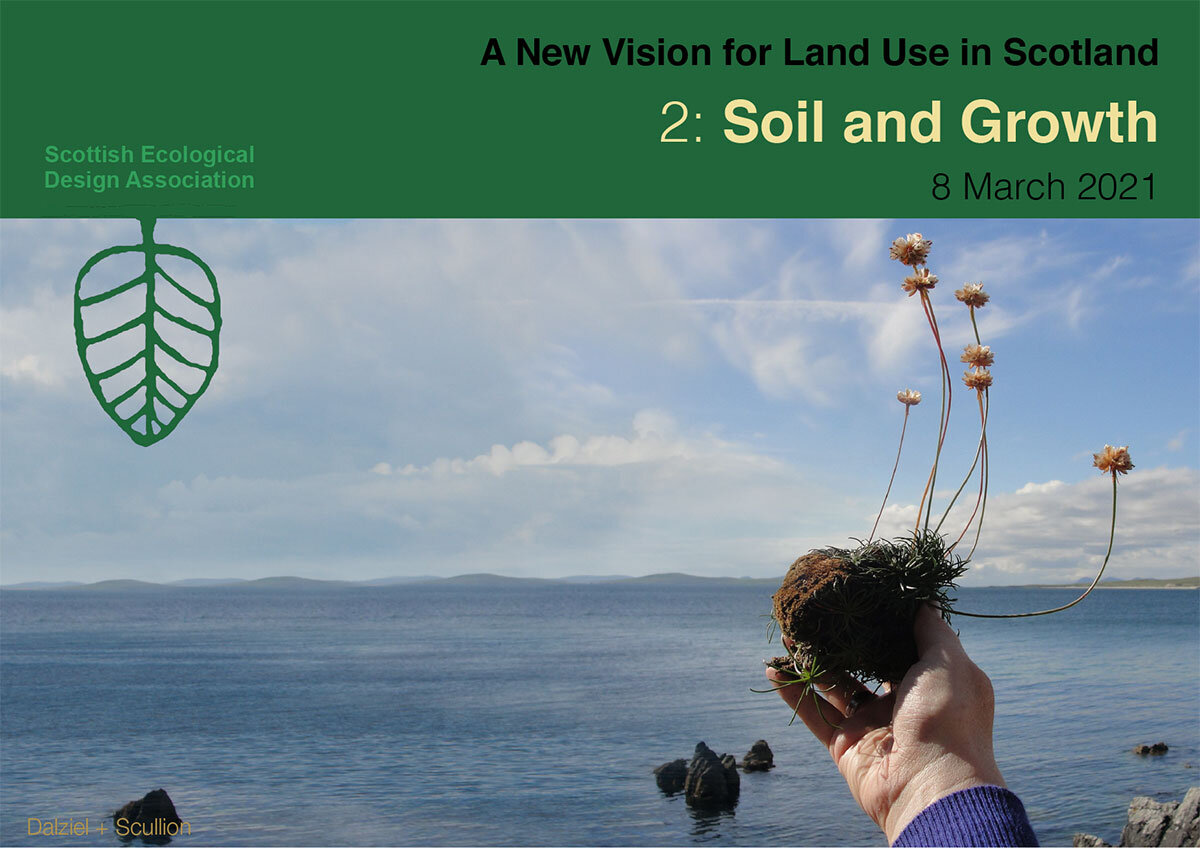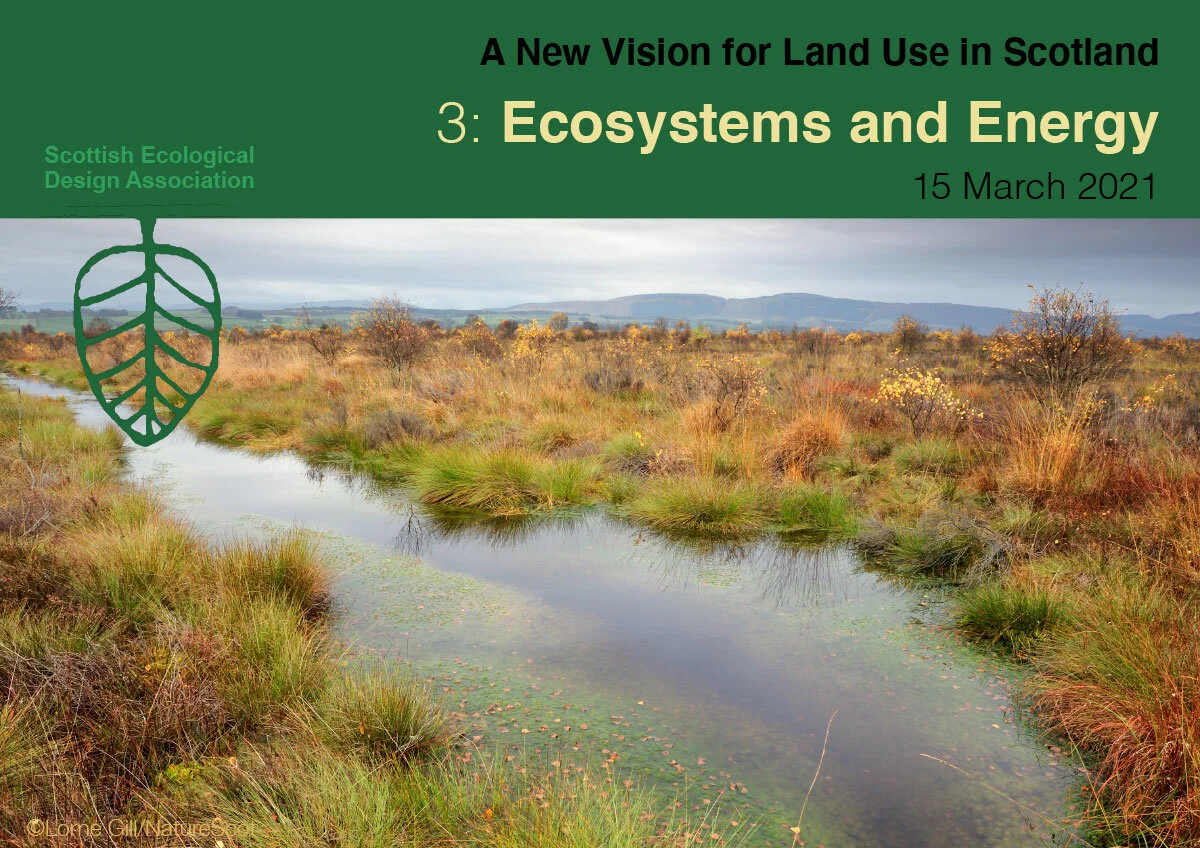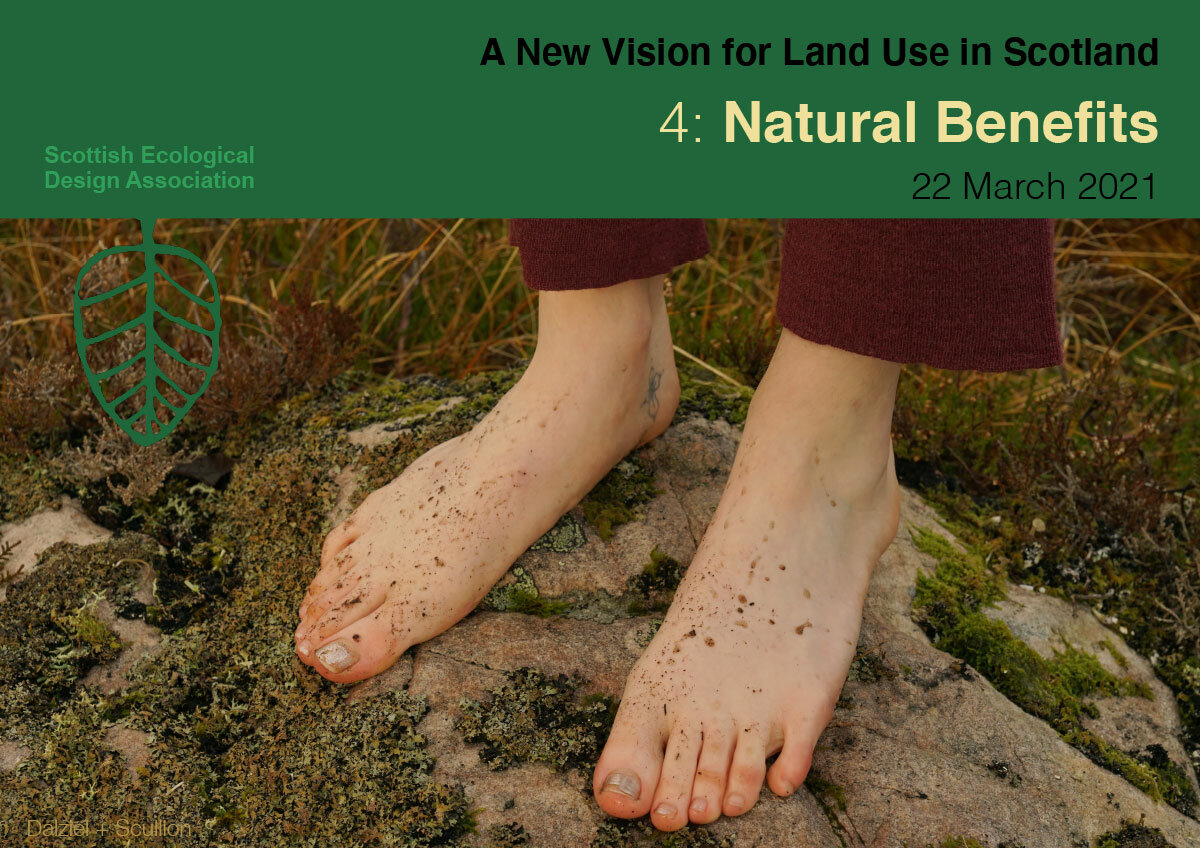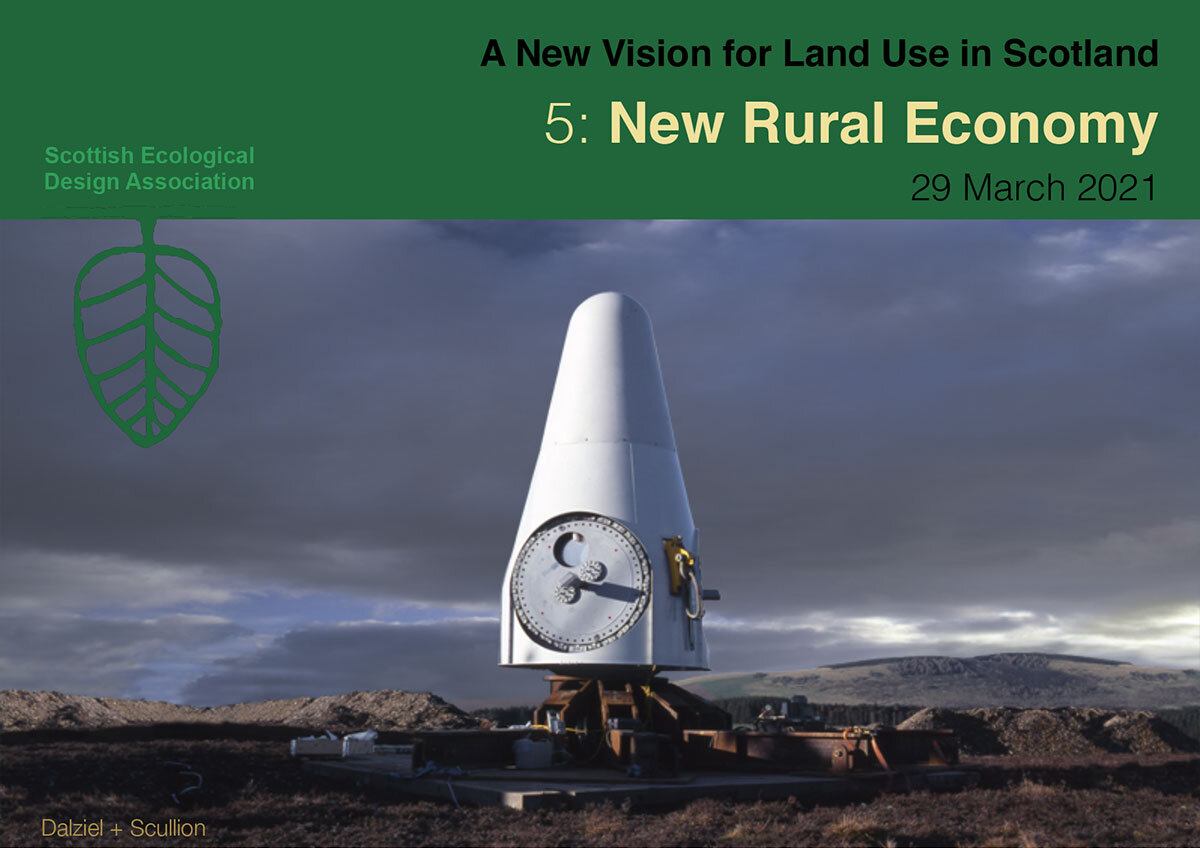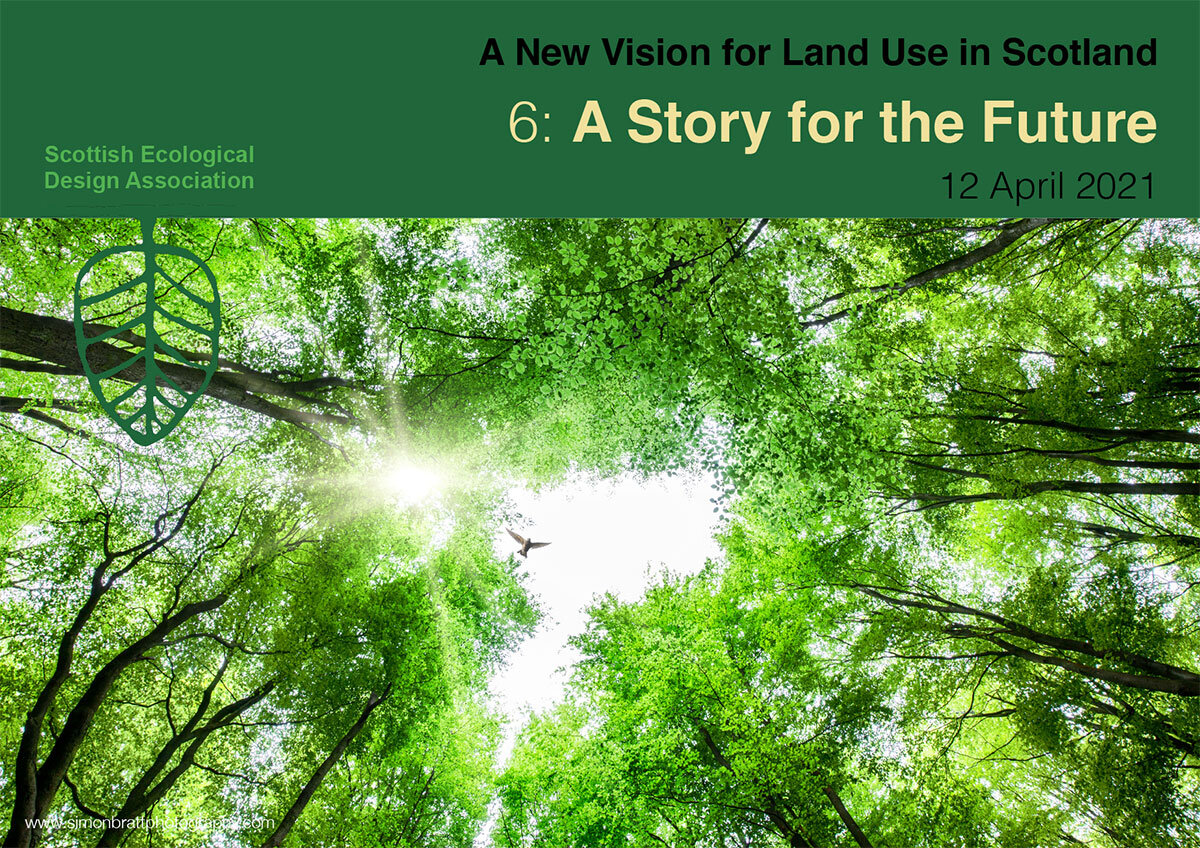Land Conversations / A Story for the Future
Art and community: hard facts alone don’t win the argument
In this last Conversation we will discuss how art and culture can be fostered in rural communities and help contribute to the lives of people living in or visiting rural Scotland. We want to ask: What is the place of community in creating A New Vision for Land Use in Scotland? And what is the place of culture and the arts in creating this? Join a panel our panel of artists, a scientist, a community representative and a farmer to seek answers for these questions. Further discussion will address what communities can do themselves, facilitated by artists, that governments and government agencies are unable to achieve and how this can then influence behavioural change. Can narratives, rather than scientific evidence, motivate people to think and behave differently? Facts and figures alone do not always change peoples attitudes, but stories might.
You can carry on the Conversation on the Padlet here:
https://padlet.com/ScotEcoDesign/LandConv6
Speakers
Chris Dalglish
Director, Institute for Heritage & Sustainable Human Development
Chris is part of the Institute for Heritage & Sustainable Human Development whose work connects cultural heritage research with policy and practice in contexts such as spatial and cultural planning, environmental assessment, land and habitat management, community development and urban regeneration. This work is founded on the understanding that engagement with the past – and the resources, challenges and opportunities it has left us – can help to generate tangible social, cultural, economic and environmental benefits in the present and the future. With a focus on practice-orientated and action research, the group’s core activities include knowledge exchange and collaboration between the university and external partners on projects and other initiatives.
Panel
Sophie Cooke
Poet, novelist, and short story writer
Sophie produces filmpoems on environmental and social themes. Her broader poetry covers issues ranging from mythology to genetics. She won the Genomics Forum Poetry Prize and is published in various magazines. Sophie’s novels are set in rural Scotland. Her short stories (including for BBC Radio) are contemporary and historical. She grew up in the Trossachs and now lives in Edinburgh, where she is involved in helping care for local green space. She teaches creative writing with the Open University.
Prof Lorna Dawson
Head of Soil Forensic Group, James Hutton Institute, SEFARI Gateway KE Lead for Environment
Lorna is a a chartered soil scientist, chair of the Forensic Geoscience Group, treasurer of the International Union of Geological Sciences-Initiative on Forensic Geology and an expert on soil trace evidence provision with the National Crime Agency. She is co-Chair of the FFCC Scotland Inquiry on food, farming and countryside and is a member of the Scottish Government’s Arable Climate Change Group.
Dr Calum MacLeod
Policy Director, Community Land Scotland
Calum is Policy Director of Community Land Scotland and a Sustainable Development Consultant based in Glasgow. He has conducted feasibility studies for a range of rural communities in the Highlands and Islands looking to buy or develop land and other assets. Calum regularly writes on land reform and related sustainable development issues via his blog – Beyond the Horizon – and for the West Highland Free Press.
Rachel Marsh
Author & creative writing teacher
Rachel has a PhD in Satire and Writing and is an Associate Lecturer for Creative Writing and Arts & Humanities modules at the Open University. Rachel has been teaching literature and writing in the UK and the US for twenty years, and she’s been published as an academic, a creative writer, and a journalist. She’s the judge for the Staunch Prize short story competition, and the Writer-in-Residence for the Braemar Creative Arts Festival, where she is facilitating a community-written novel. Rachel hopes to eventually take similar writing projects to other rural communities, as a means of drawing on collective creativity to showcase local cultures.
Andrew Whitley
Baker, author, co-founder of the Real Bread Campaign and Scotland The Bread.
Andrew Whitley started an organic bakery in Cumbria in the 1970s. He wrote the award-winning book Bread Matters, and has been credited with ‘changing the way we think about bread’ by the BBC Food & Farming Awards. From 2010-20 Andrew grew a small organic agroforestry project in the Scottish Borders and began researching historic cereal varieties – work that led to founding Scotland The Bread, a community benefit society based in Fife which proposes a Scottish grain and bread supply that is diverse, healthy, equitable, locally-controlled and sustainable.
artistic contributions
Each of the six conversations will include four artistic contributions, from poets, musicians and video artists, bringing a cultural perspective to each event. Each of their pieces will be a different take on the changing rural landscape around them, the climate emergency and the unstable connections between the human and the natural worlds. Some will be provocative about the way forward, some reflective of the current situation, and others just a joyous celebration of nature.
The contributors tonight are:
Chris Powici At Sheriffmuir
Sophie Cooke Byland
Rachel Marsh Braemarnia
The Poozies Soaking in the Bathtub


